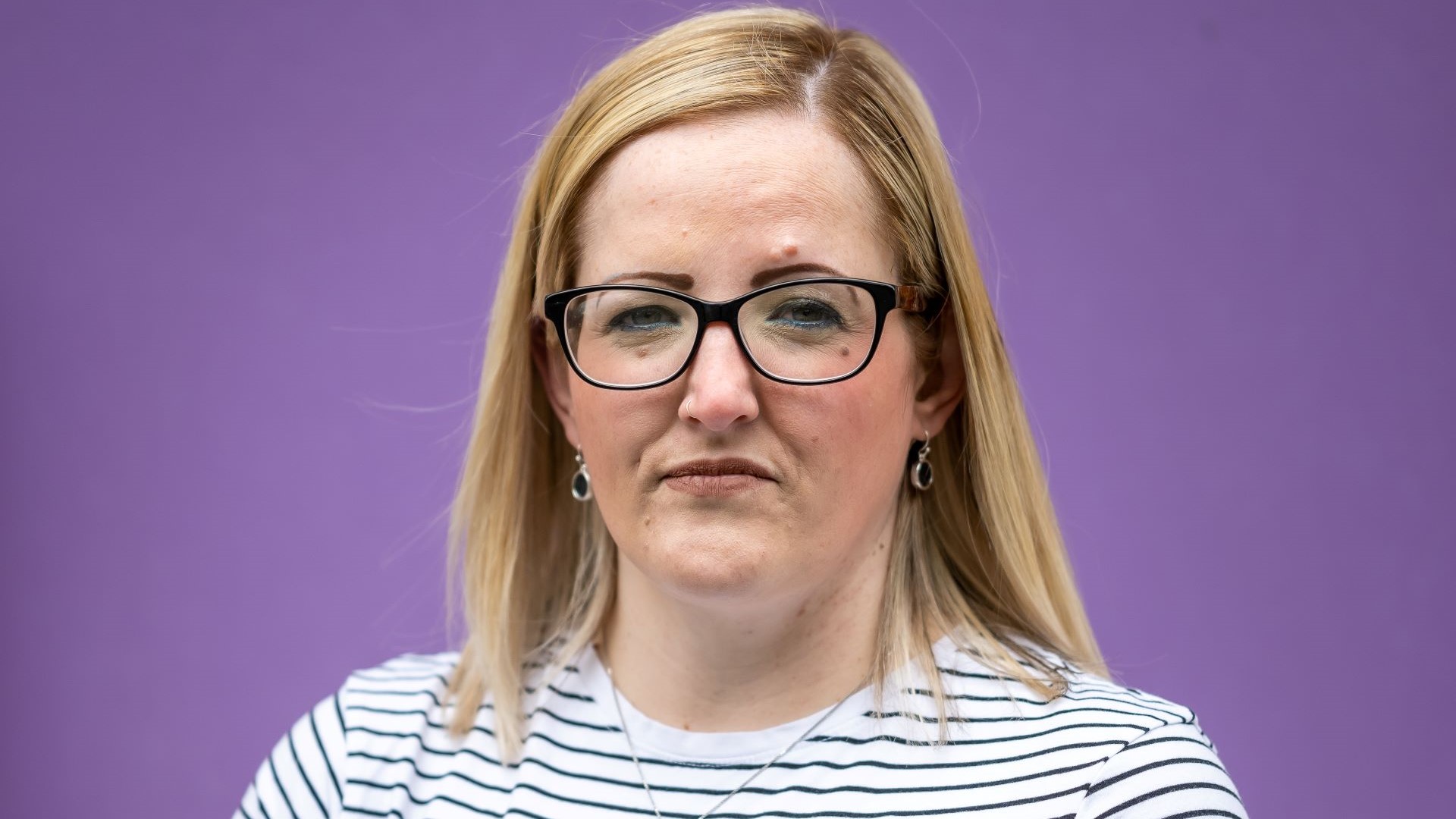For many people, the Covid-19 pandemic is just a distant memory. Their lives feel back to normal. But four years on from the start of lockdown, I want to speak up for the disabled people up and down the country whose lives have been forever changed by the pandemic, and who could only wish the experience was a distant memory.
Before the pandemic hit, I was living in Wales with my husband and daughter, with a second baby on the way. I was still coming to terms with a diagnosis of Usher syndrome, which causes deafblindness, that I’d received in 2012. I’d been living with hearing loss since I was a toddler, but to be told in my 20s that my sight would be affected too – that came as a huge shock.
It’s safe to say this diagnosis rocked my confidence, but by early 2020, and with the support of national disability charity Sense, I felt as though I was starting to get a part of my old life back. I’d begun taking public transport by myself again, building up my confidence enough to go out alone with my cane.
That all came crashing down in March 2020.
- Tory government ‘demonises’ disabled people who face ‘onerous’ benefits system, UN warns
- ‘I skip meals to save money’: Life on social care frontline is leading to a support worker exodus
After months taking baby steps towards building up my independence, suddenly we were plunged into lockdown and no-one could leave their house. I know this was the case for everyone and not just disabled people, but for me there were other challenges.
Because I rely on lipreading, it was impossible for me to communicate with people wearing masks. I can’t hear well enough to use the phone, or see well enough for video calls, so I couldn’t keep in touch with people and felt totally isolated. I couldn’t understand the government’s briefings on the TV because they didn’t include BSL interpretation, which made me feel even more left out and unsure about the future. My deafness is not something that ever bothered me before, but now it felt like a real challenge to navigate.





